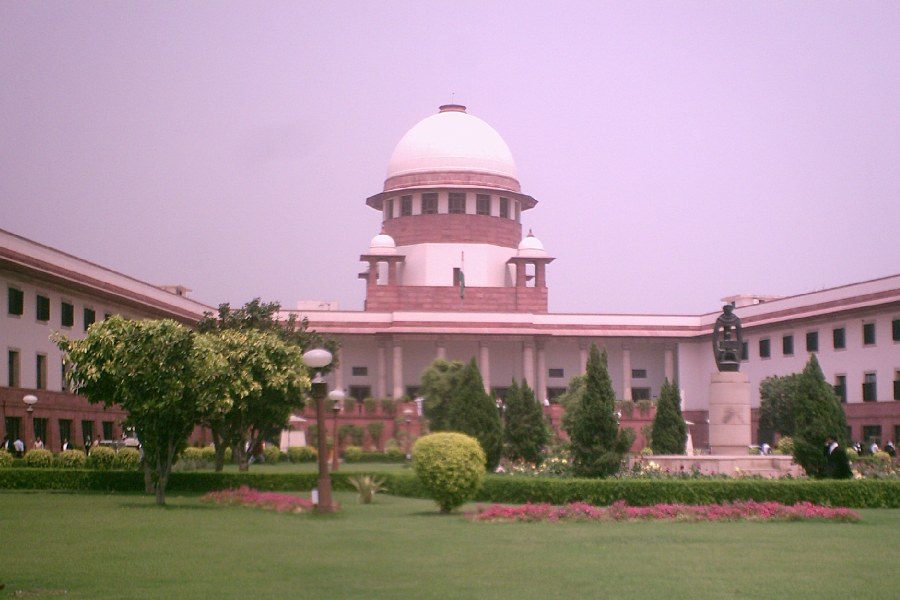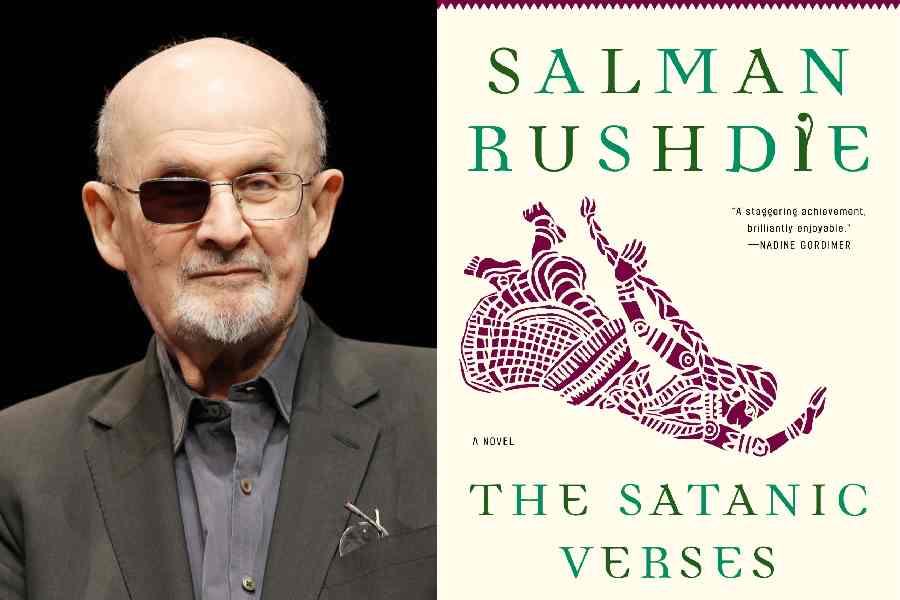The Supreme Court on Tuesday imposed a cost of Rs 50,000 on the Centre for filing an appeal against an order of the Armed Forces Tribunal, which granted a liberalised pension to the widow of a soldier who died during a counter-terrorism patrol in Jammu and Kashmir.
A bench of Justices Abhay S Oka and Augustine George Masih said the widow should not have been dragged to court.
"In our view, in a case like this, the respondent ought not to have been dragged to this court, and the decision making authority of the appellants ought to have been sympathetic to the widow of a deceased soldier who died in harness. Therefore, we propose to impose costs quantified as Rs 50,000, which will be payable to the respondent," the bench held.
The Centre has been directed to pay the costs to the widow within two months starting Tuesday.
The apex court was hearing a plea filed by the Centre challenging the tribunal's order, which directed that Liberalised Family Pension (LFP) along with arrears be paid to the widow from January 2013.
The case pertains to Naik Inderjeet Singh, who suffered a cardiac arrest while on patrol in extreme weather conditions in January 2013. His death was initially classified as a "battle casualty" but later classified as a "physical casualty" attributable to military service.
His widow was granted all terminal benefits, including a special family pension but as she was denied the LFP, she moved a plea before the Armed Forces Tribunal (AFT).
The AFT allowed her application and directed the payment of LFP and exgratia lumpsum amount payable in case of battle casualties dying in harness. The Centre and the Army subsequently moved to appeal against the AFT’s decision before the top court.
Except for the headline, this story has not been edited by The Telegraph Online staff and has been published from a syndicated feed.











